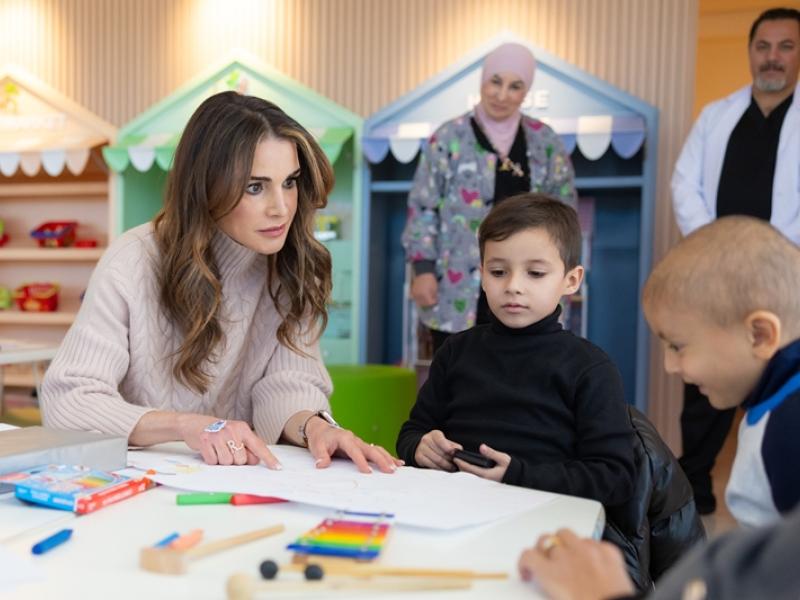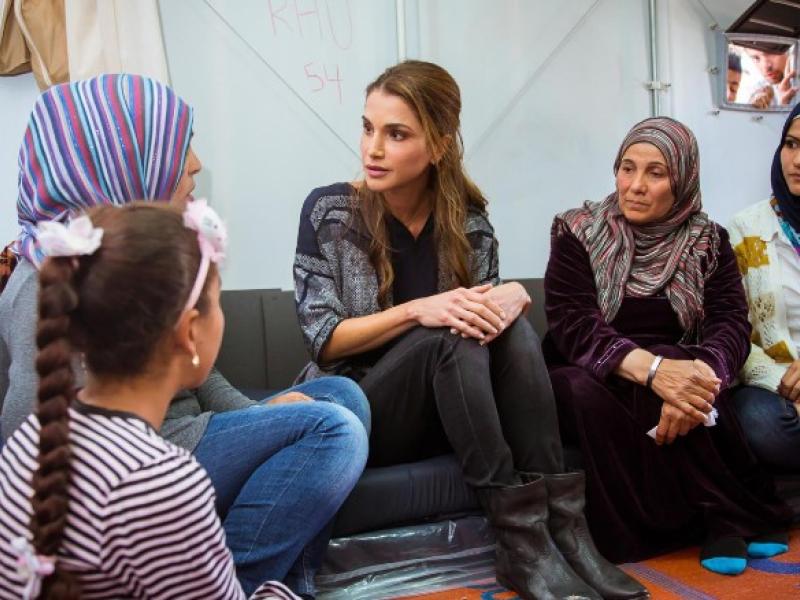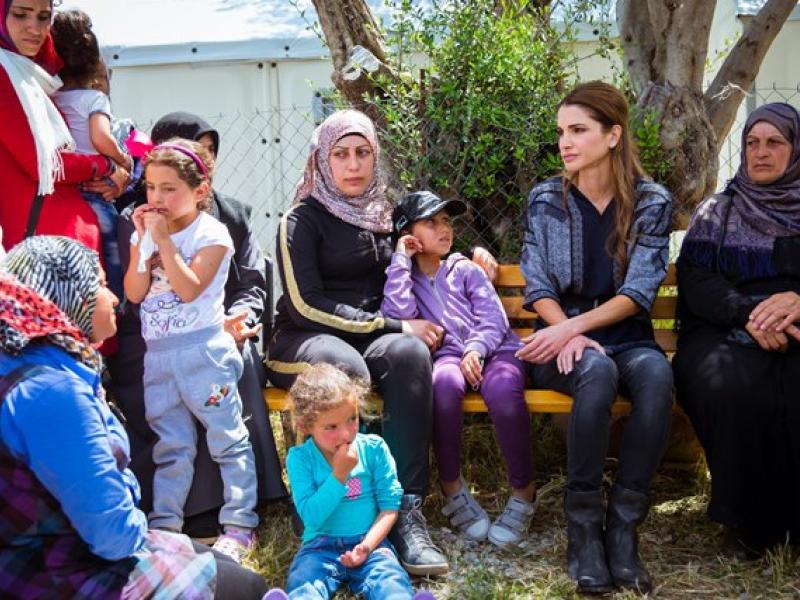Let me start with the traditional greeting of Islam: peace be upon you.
I welcome the opportunity to engage in this conversation, and I am glad to think global readers are interested in Islam, a religion shared and cherished by millions of men and women around the world. I hope that this exercise challenges perceptions that Muslims are somehow different…strange…a breed apart. The other.
All faith, after all, is based on an intensely personal, private relationship with God. And I believe that if we are to build true understanding among and within our societies, we must approach each other as fellow human beings, not representatives of one religion or another.
Perhaps that is why I have never been preoccupied with defining “the true meaning” of Islam. To me, Islam is an amalgam of virtues that guides my interactions with the world. I know deep down, as I have read and been taught by the Holy Qur’an, the teachings of the Prophet (PBUH), that it is good to give, to empathize, to be patient, to be compassionate. These virtues do not have ineffable meaning, but offer a sense of morality – a way to be, and a way to behave, as a member of the human family.
Looking back, I learned how to be a Muslim at an early age – not as something separate from daily life, but as something intrinsic to it. I think of my parents’ warmth and love; how they helped me, my brother and sister learn to share; and how they taught us to value honesty, humility, charity, and forgiveness. Now a mother myself, I know in my heart that meaning is being made when my children raise their arms for a hug; when we give of ourselves to those less fortunate; when we are reminded, during Ramadan, of the hunger and thirst of those in need.
I cherish these experiences not only because they make me a better Muslim, but because they make me a better person – more grateful, more connected, more aware. And yes, I offer my thanks to God on a prayer mat facing Mecca. But I hope that readers seeking to understand “the true meaning of Islam” will not only focus on how Muslims worship but also on who we are: mothers, fathers, spouses, students, neighbors, friends. People who smile with pride at their child’s first step; laugh with friends over the old times; worry about exam results; cry at the sight of our children in pain. People just like you.



